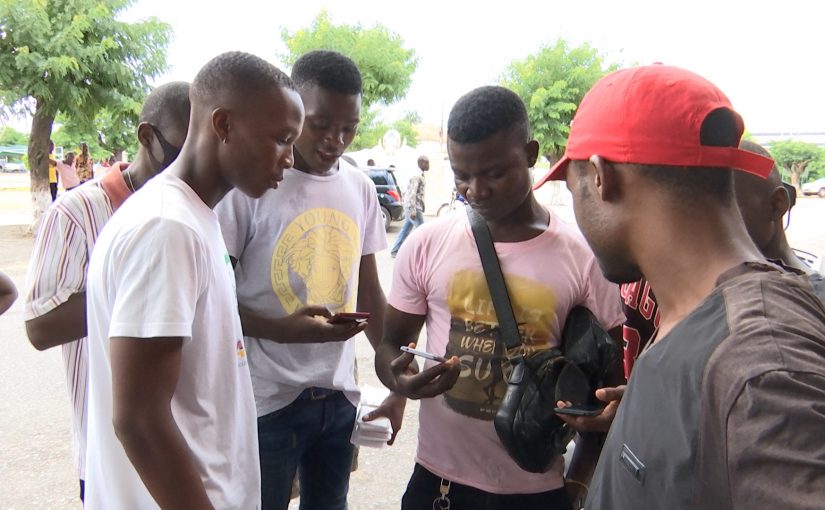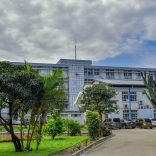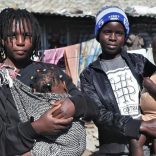Mozambique: Doctors at Beira Central Hospital threaten to stop working overtime
Mozambique: Covid-19 preventive measures ignored in Nampula

Photo: O País
In the northern Mozambican city of Nampula, the second most populous city in the country (after the Maputo-Matola conurbation), citizens appear to have completely forgotten the basic measures required to protect themselves and others against the Covid-19 respiratory disease.
Back in June of last year, Nampula city became the first place in the country where the health authorities announced that Covid-19 had made the transition to an epidemic of community transmission. But the measures demanded then – such as social distancing and the obligatory wearing of masks in public places – have dropped into disuse.
On the public highway, in the markets, in buses and minibuses and anywhere else where people gather, the norm has now become not to wear masks – although, in theory, people who refuse to wear masks can be fined. This behaviour gives the impression that many Nampula residents believe that Covid-19 does not exist, or that they are immune to it.
And this phenomenon is not restricted to Nampula city. Failure to follow Covid-19 preventive measures is also on plain view in the other urban centres of the province, such as Nacala, Angoche and Mozambique Island.
Matters worsened during the parties held over the festive season, when all caution was thrown to the winds. Crowds of people gathered on the main Nampula beaches to celebrate the New Year – and many of them drank alcohol, which is forbidden on all Mozambican beaches.
The minibuses (known colloquially as “chapas”) which provide much of the passenger transport in the province, have reverted to their pre-pandemic state of gross overcrowding. The drivers and fare collectors do not demand that the passengers wear masks.
In shops and in markets, formal and informal, nobody is bothering any more about social distancing – under the social distancing rules, each market stall should be separated from its neighbour and from the clients, by at least 1.5 metres, but this is no longer being enforced.
In education, preventive measures are applied inside the schools – but not outside them. So it is common to see groups of Nampula pupils walking to and from school without wearing masks, and without obeying social distancing.
This relaxation extends to most state institutions that attend to the public – they no longer demand that users disinfect their hands or wear masks.
The only places where the use of masks is demanded, where hands are disinfected as a matter of routine, and where the users’ temperature is taken, are the health units, and the few large supermarkets.
Citizens who spoke to AIM claimed they knew about the dangers of Covid-19 – but said they were ignoring masks and other preventive measures because “here nobody wears masks or complies with the measures”.
The Nampula health authorities say they are concerned, and have multiplied their appeals for citizens to obey the protective measures. According to the latest data from the Health Ministry, in the previous 24 hours, 209 people were tested in the province for the coronavirus that causes Covid-19, and 69 of them (33 per cent) were positive for the virus.
Up until Sunday, 932 positive cases had been detected in Nampula. Eight of these have died, 711 have recovered and 214 remain active cases.
In the country as a whole, since the first case was identified on 22 March last year, 21,939 people have been diagnosed with the coronavirus, of whom 192 have died, and 4,208 remain active cases.












Leave a Reply
Be the First to Comment!
You must be logged in to post a comment.
You must be logged in to post a comment.